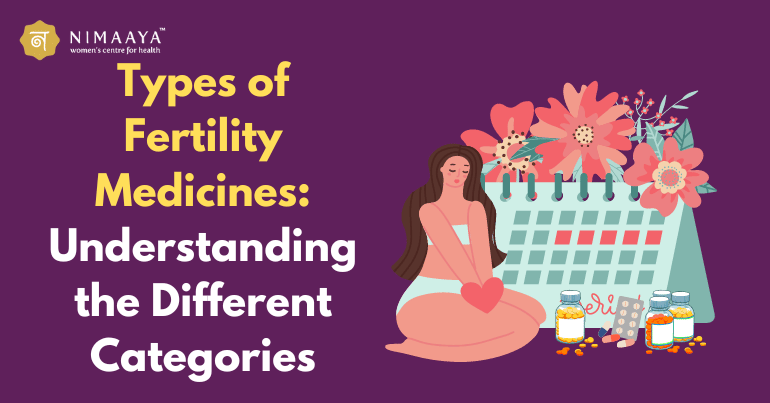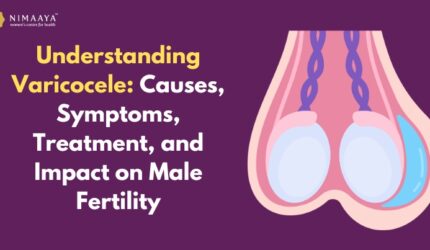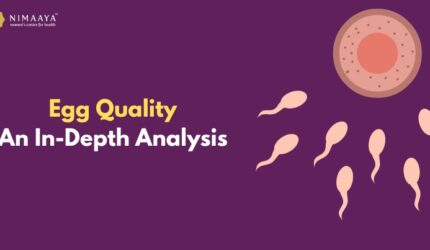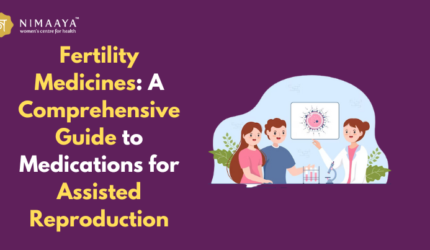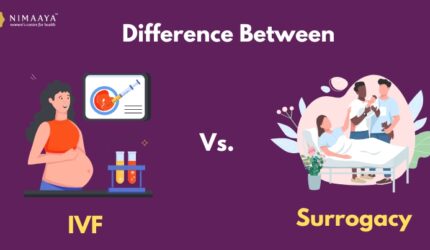Introduction
In the intricate landscape of fertility treatment, understanding the diverse array of medications and types of fertility medicines available is crucial. Whether you’re embarking on the journey of conception or seeking assistance along the way, comprehending the nuances of fertility medicines can empower you to make informed decisions. From ovulation-inducing medications to support of hormones and beyond, each types of fertility medicines plays a unique role in the quest for parenthood.
Understanding Fertility Medicines

Understanding fertility medicines is essential for individuals and couples navigating the complexities of infertility treatment. These medications encompass a diverse array of pharmaceuticals tailored to address various aspects of reproductive health, from inducing ovulation to supporting hormonal balance and enhancing fertility. By delving into the mechanisms of action and potential side effects of fertility medicines, individuals can make informed decisions about their treatment options, guided by their unique medical history and fertility goals.
Moreover, partnering with a knowledgeable healthcare provider, such as a fertility specialist or reproductive endocrinologist, can offer invaluable support and guidance throughout the fertility journey, ensuring that treatment plans are tailored to individual needs and optimized for the best possible outcomes.
Who Might be Recommended to Have Fertility Medicines?
Fertility medicines are typically recommended for individuals or couples who are experiencing difficulties conceiving naturally due to various factors affecting reproductive health. This may include women with irregular menstrual cycles or ovulation disorders, such as polycystic ovary syndrome (PCOS), who may benefit from ovulation to regulate their cycles and promote ovulation.
Additionally, couples with unexplained infertility or male factor infertility, such as low sperm count or poor sperm motility, may be candidates for fertility drugs aimed at improving sperm production and quality. Individuals undergoing assisted reproductive technologies like IVF or IUI may also require fertility medicines to stimulate the ovaries, prepare the uterine lining, or optimize the timing of procedures. Ultimately, the decision to recommend fertility medicines is based on a thorough evaluation of each individual’s medical history, reproductive health, and fertility goals by a fertility specialist.
Types of Fertility Medicines
In recent years, advancements in medical science have expanded the arsenal of treatment options available to individuals and couples seeking to conceive. Among these options, fertility medicines play a pivotal role, offering targeted interventions to address various aspects of reproductive health. Fertility medicines encompass a wide range of pharmaceuticals tailored to address various aspects of reproductive health. Understanding the different types of fertility medicines is essential for individuals and couples navigating the complexities of infertility treatment. Let’s delve into the key categories:
• Ovulation-Inducing Medications:
Ovulation, the release of an egg from the ovaries, is a fundamental step in conception. However, for some individuals, ovulation may be irregular or absent, posing a barrier to achieving pregnancy. Ovulation-inducing medications are designed to stimulate the ovaries, promoting the release of eggs and thereby increasing the chances of conception. These medications often work by mimicking or enhancing the effects of natural hormones such as follicle-stimulating hormone (FSH) and luteinizing hormone (LH). By regulating the menstrual cycle and inducing ovulation, these medications offer a promising solution for individuals with ovulatory disorders.
• Hormonal Support:
Hormonal imbalances can disrupt the delicate interplay of hormones necessary for conception and pregnancy. In cases where hormonal deficiencies or irregularities are identified, hormonal support medications may be prescribed. These medications aim to restore hormonal balance, optimizing conditions for successful conception and implantation. Common examples include medications that supplement progesterone levels post-ovulation, ensuring adequate support for the early stages of pregnancy. By addressing underlying hormonal challenges, these medications pave the way for a smoother fertility journey.
• IVF Medications:
In Vitro Fertilization (IVF) stands as a beacon of hope for individuals and couples facing infertility, offering a path to parenthood through assisted reproductive technology. IVF medications play a crucial role in this process, preparing the body for the various stages of treatment. Gonadotropins, for example, are commonly used to stimulate the ovaries, promoting the development of multiple follicles and increasing the yield of viable eggs for fertilization. Additionally, medications may be prescribed to prevent premature ovulation, optimize egg retrieval, and prepare the uterine lining for embryo implantation. By carefully orchestrating the hormonal milieu, medications of IVF enhance the chances of successful fertilization and pregnancy.
• IUI Medication:
Intrauterine Insemination (IUI) offers a less invasive alternative to IVF for individuals with certain fertility challenges. During IUI, sperm is placed directly into the uterus, bypassing potential barriers in the reproductive tract and increasing the likelihood of conception. IUI medications often involve ovulation induction to ensure that the procedure is performed at the optimal time within the menstrual cycle. By synchronizing ovulation with the timing of insemination, these medications maximize the chances of sperm encountering and fertilizing the egg, thus facilitating conception.
• Fertility Drugs for Men:
While much of the focus in fertility treatment is placed on female reproductive health, male-factor infertility is a significant consideration in many cases. Fertility drugs for men are designed to address issues such as low sperm count, poor sperm motility, or abnormal sperm morphology. These medications may include hormone therapies or supplements aimed at enhancing sperm production and quality. By addressing underlying sperm abnormalities, these medications improve the chances of successful fertilization and pregnancy, offering renewed hope to couples facing male factor infertility.
• Fertility Injection for Females:
In some cases, oral medications may not provide a sufficiently robust response, necessitating the use of fertility injections. These injectable medications deliver hormones directly into the body, bypassing the digestive system and ensuring rapid and precise effects. Fertility injections for females are commonly used to stimulate ovulation or promote follicle development, particularly in the context of assisted reproductive technologies such as IVF. By providing targeted support for hormones, these injections enhance the efficacy of fertility treatment, increasing the likelihood of achieving pregnancy.
Understanding the different types of fertility medicines is the first step towards personalized and effective fertility treatment. Whether pursuing ovulation induction, IVF, IUI, or addressing male factor infertility, consulting with a fertility specialist can help determine the most suitable medications and treatment protocols tailored to individual needs and goals.
Benefits and Side Effects of Fertility Medicines

Fertility medicines offer hope and potential solutions for individuals and couples struggling with infertility, but like any medication, they come with both benefits and potential side effects. On the positive side, fertility medicines can effectively stimulate ovulation, regulate hormonal imbalances, and improve the chances of conception, ultimately helping individuals achieve their dream of parenthood. However, it’s important to acknowledge that fertility medications may also carry risks and side effects.
These can range from mild symptoms such as hot flashes, mood swings, and abdominal discomfort to more serious complications like ovarian hyperstimulation syndrome (OHSS) and multiple pregnancies. Additionally, some fertility drugs may increase the risk of ovarian cancer or contribute to the development of ovarian cysts. It’s crucial for individuals undergoing fertility treatment to be aware of these potential risks and to work closely with their healthcare providers to monitor and manage any side effects effectively.
Conclusion:-
Navigating the realm of fertility medicines can be both overwhelming and empowering. By understanding the different Types of Fertility Medicines and medications, from ovulation-inducing drugs to hormonal support therapies and beyond, individuals and couples can embark on their fertility journey with clarity and confidence. Whether you’re exploring IVF, IUI, or other fertility treatments, partnering with a reputable center like Nimaaya IVF Center can provide guidance and support every step of the way. Remember, you’re not alone on this journey towards parenthood.

